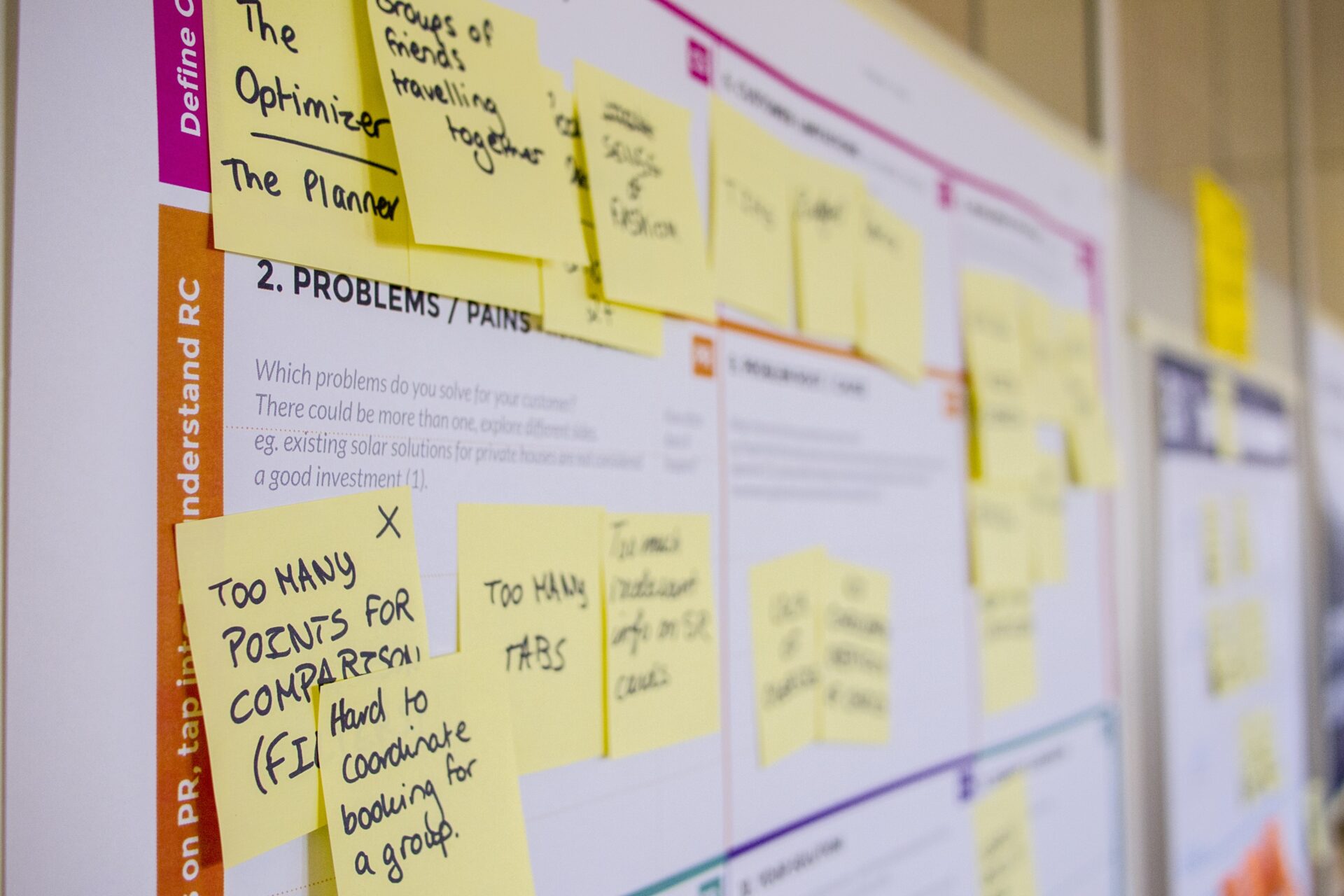Russia-Ukraine War: A Deadly Humanitarian Crisis
The pandemic derailed any hope of growth, put a dent on globalization and reversed socio-economic progress made by many developing countries. However, after almost two years, the world had just started to come to terms with a post-pandemic recovery.
As if this wasn’t enough, simmering relations between Russia and Ukraine spilled into an unprovoked war initiated by Russia. In the early hours of 24 February 2022, Russia’s President Vladimir Putin in a televised speech declared war on Ukraine, and said “its goal is to protect people who have been subjected to abuse and genocide by the regime in Kyiv for eight years. And for this we will pursue the demilitarization and denazification of Ukraine, as well as bringing to justice those who committed numerous bloody crimes against civilians, including citizens of the Russian Federation.”
In the upcoming Horasis Global Meeting “Toward a New Era of Peace and Sustainability”, we will discuss with global leaders from business, international organizations, governments, academia, and the media to share their views on how the world can chart a progressive and sustainable path, post these crises.
Pushed Away From Their Homeland
What has ensued in Ukraine is nothing short of complete disregard to international humanitarian laws concerning war. Unarmed citizens of Ukraine, schools and hospitals are being bombarded by Russia in Ukraine. The Kyiv School of Economics said “the overall economic costs of the war – when damage to infrastructure is taken with the impact on GDP, the cessation of investments and the outflow of workers as millions flee the country – could rise to US$600 billion, almost four times the value of annual GDP.”
Most have left their belongings, their houses and everything they had and chose to run away from the place they once called their homelands. There is a mass migration of refugees who have left Ukraine choosing to seek refuge in neighboring European countries.
Many left in a hurry due to fear of being caught in the crossfire of the invading Russian soldiers. “I have witnessed many difficult things since this conflict began. I saw tens of thousands of refugees and around 90% of them were women and children. Their tales are very similar, of being woken up by the sounds of bombs and grenades, grabbing some belongings like their passports, maybe a little money, or a plush animal for the children. One of them, a little girl called Paulina, had a little fox. She hugged the toy as if it was the most precious thing in the world,” said Chris Melzer, spokesperson for the UN refugee agency (UNHCR) in Germany.
The United Nations estimates the number of Ukrainian refugees to be more than 12 million – 6 million have left Ukraine, while another 6.5 million people are internally displaced in Ukraine. The nearby country of Poland has taken in more than 3 million Ukrainian refugees within their shores.
But the worst impact of this sudden turn of events have been on women and children. The UNHCR Poland’s Katarzyna Oyrzanowska says that, “by far the largest part of the refugees are women and children. You hardly ever see a man.” She adds, “we try to find solutions for them. They have been torn from their familiar surroundings, miss their fathers and do not understand the situation. All this is difficult for adults to cope with. What must it be like for children?”
Helping Hands
Several international organizations such as the UN, the WHO, the Red Cross and many others have sprung into action to provide refuge, safety, food, and clothing to displaced refugees in camps across Europe. The European Union has been very forthcoming in their support for Ukrainian refugees. The bloc has granted Ukrainian refugees the right to stay and work throughout its 27 member nations for up to three years. Additionally, they will also receive social welfare, housing and medical facilities, along with schooling for their children.
Meanwhile, inside Ukraine many humanitarian agencies are working to safeguard the Ukrainians who need food, shelter, and medical support. Doctors Without Borders have their medical staff stationed in Ukraine and are “seeking ways to respond to the medical and humanitarian needs as the conflict evolves.” This is but just one example among many who are doing their bit in standing with the people of Ukraine.
Implications for Businesses
This humanitarian crisis will reverberate in the business world also. Many multinational companies from sectors including tech, energy, food and many others have chosen to pull out of Russia and shutter down their stores in Ukraine.
This has made an immediate impact on the economic viability of Russia which has been further pummeled by severe Western-led sanctions. It is also shining a warning signal for other countries who choose to stand with (some call it a neutral stand) Russia and its thinking.
The influx of Ukrainian refugees is already taking its toll on countries that are hosting them. In a letter to the EU, Poland’s interior minister, Mariusz Kamiński, and his German counterpart, Nancy Faeser, jointly appealed for financial assistance, stating that “such support could take the form of financing of, for example, €1,000 for a person temporarily granted protection in a member state.”
As support pours in from nations and institutions, the situation on ground continues to be disastrous for Ukraine and its people. The only hope is that Russia sees good sense and stops any further damage to both Ukraine and itself.
Photo Caption: A Ukrainian refugee cries as her train leaves for the Polish border.



